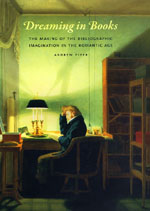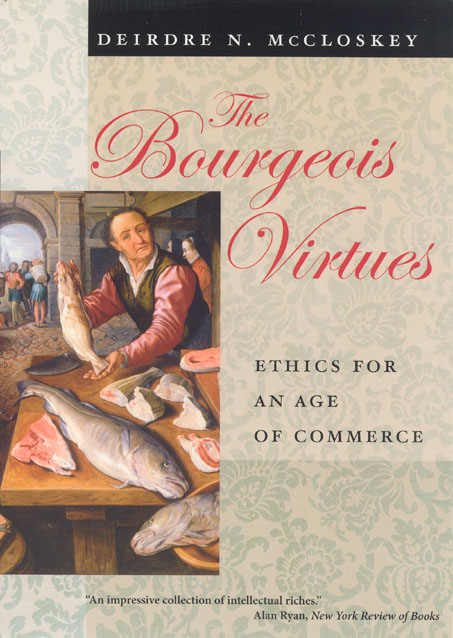Two “best of” nominations for University of Chicago Press books

It’s that time of the year again, (or in the present case that time of the decade), when editorialists make like Santa and begin composing their annual best-of book lists. And so far this season we’ve got at least two titles that are receiving more than a lump of coal from the critics.
First off is Andrew Piper’s new book Dreaming in Books: The Making of the Bibliographic Imagination in the Romantic Age which recently received a spot on the top of The New Republic‘s list of “The Best Art Books of the Year.” Jed Perl writes for The New Republic:
“What renders a book more valuable as a keepsake than almost any other,” Leigh Hunt wrote in 1828, “is, that, like a friend, it can talk with and entertain us.”Andrew Piper—who quotes Hunt’s words—has written a book about the nineteenth century’s romance with books, looking at the many ways in which the physical character of a book and its illustrations shaped a reader’s avidity. Piper’s scholarly history is fueled by a bookish ardor—you can feel the love that went into his footnotes. This writer’s thinking comes straight out of the long afternoons he must have spent in the library, pulling book after book off the shelves, experiencing the power not only of words but also of bindings, typefaces, and illustrations.
Navigate to the Dreaming in Books product page to find out more and to view a website of supplementary material for the book.

Dierdre McCloskey’s 2007 book The Bourgeois Virtues: Ethics for an Age of Commerce was also recently named one of the “top ten pro-liberty books of the decade” buy the Atlas Network. A fascinating reexamination of the intersection between ethics and commerce, McCloskey’s The Bourgeois Virtues offers an insightful argument against the scorn with which many regard the marketplace instead offering the radical view that capitalism, despite its rep, is good for us. McCloskey’s sweeping, charming, and even humorous survey of ethical thought and economic realities—from Plato to Barbara Ehrenreich—overturns every assumption we have about being bourgeois. Can you be virtuous and bourgeois? Do markets improve ethics? Has capitalism made us better as well as richer? Yes, yes, and yes, argues McCloskey, who takes on centuries of capitalism’s critics with her erudition and sheer scope of knowledge.
Read an excerpt from the book.